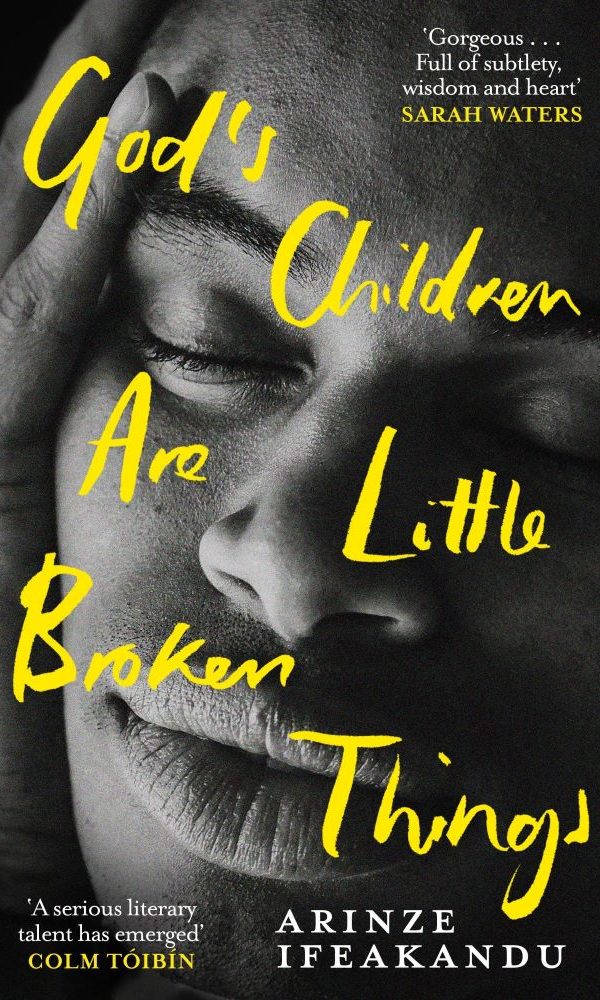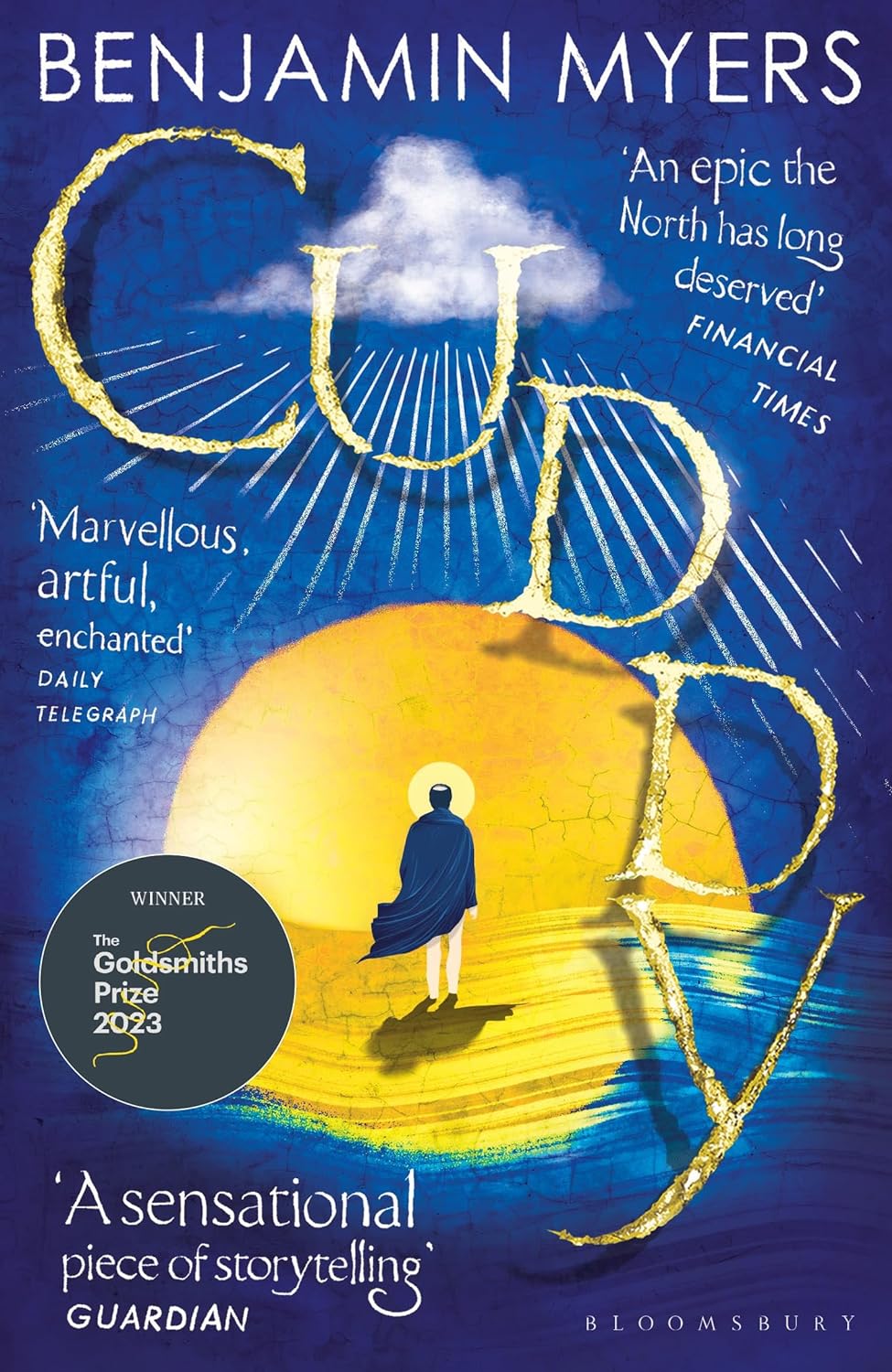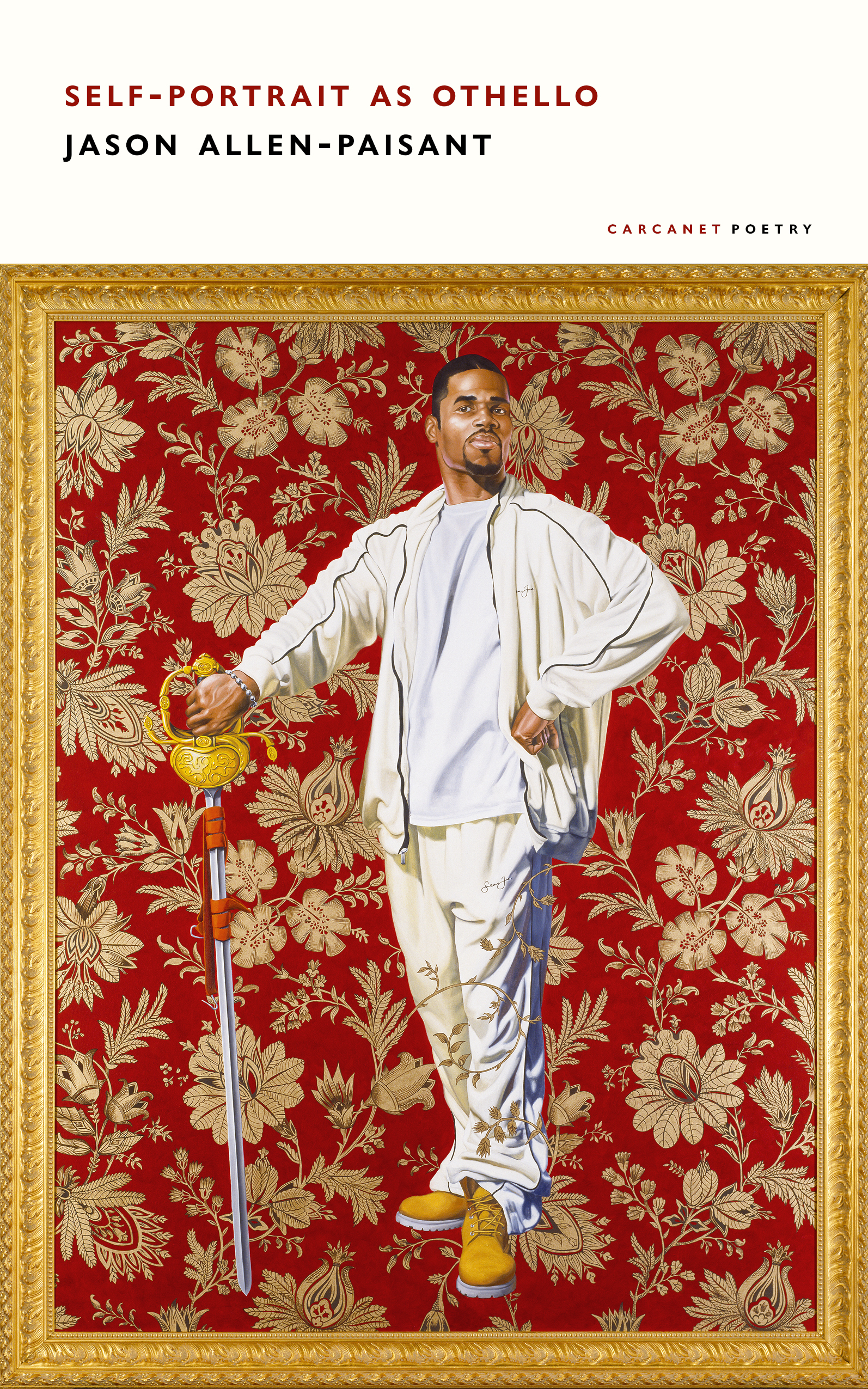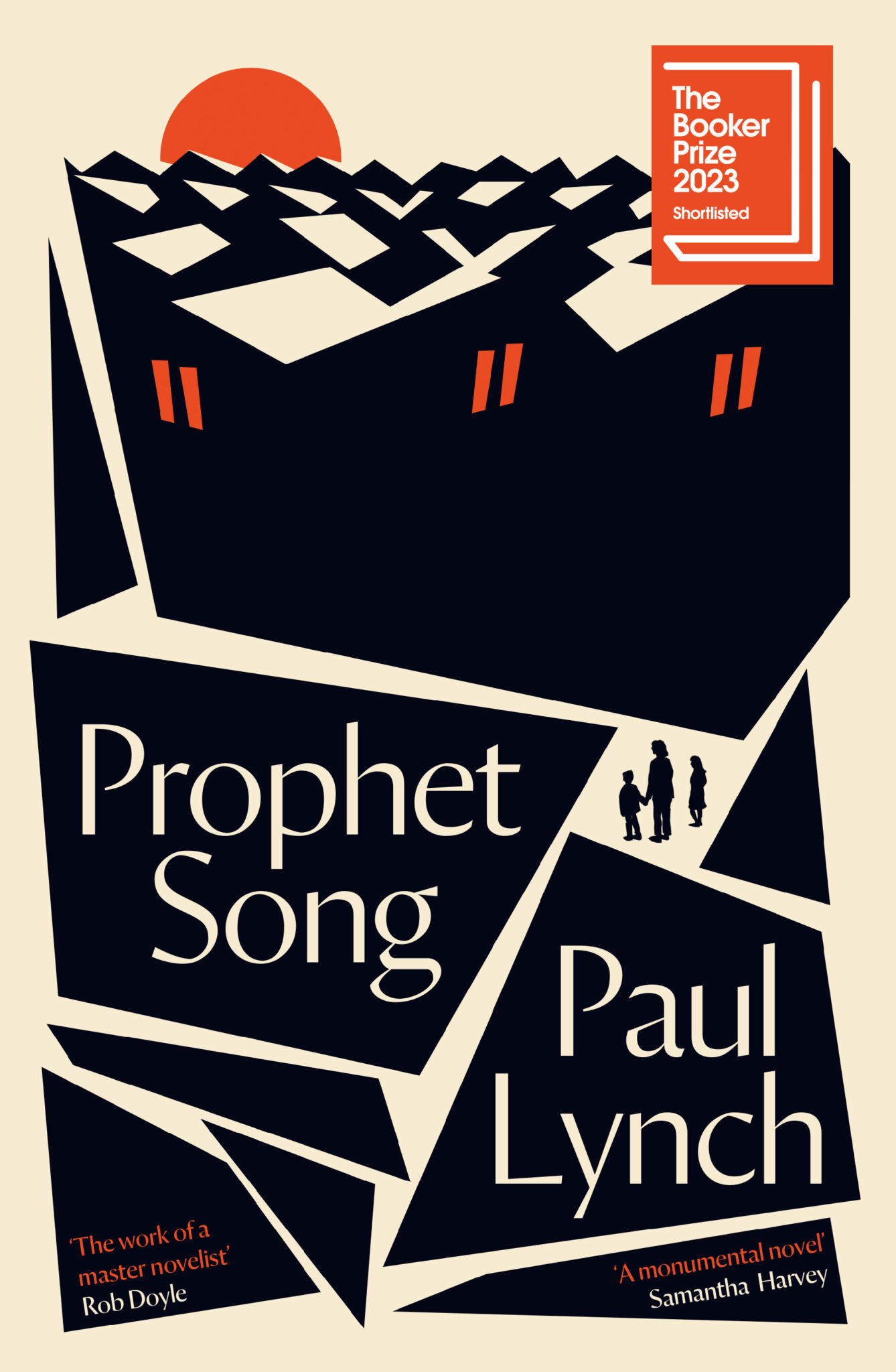Hyper-contemporary literature: brand-new writing
-
Sea Witches and Hostage-Taking: A Dive into ‘Drift’ by Caryl Lewis
Explore Caryl Lewis’s ‘Drift’ through a captivating blend of magical realism and mythological motifs. Delve into the complexities of hospitality as Nefyn rescues Hamza, intertwining with themes of nostalgia and the ‘Odyssey’. Lewis’s narrative unfolds a tale of homecoming and longing, echoing timeless narratives in a modern context.
-
The anti-Bildungsroman: Barbara Kingsolver’s ‘Demon Copperhead’
In this post I explore the transformative journey of Barbara Kingsolver’s ‘Demon Copperhead’, a contemporary retelling of Charles Dickens’s classic Bildungsroman ‘David Copperfield’, set in Appalachia amid opioid addiction. I examine the complexities of growth and stagnation, as Demon’s narrative navigates between traditional Bildungsroman elements and an intriguing anti-Bildung twist, shaping a poignant coming-of-age tale.
-
Architectural and uncanny shape in Benjamin Myers’s ‘Cuddy’
Benjamin Myers’s ‘Cuddy’ won the 2023 Goldsmiths Prize. In this post, I examine the importance of shape to the novel. From the plane shapes of rectangular paragraphs to the emotionally rewarding architectural shapes of Durham Cathedral. These shapes reveal the full journey; of the novel’s emotional development.
-
The between spaces in Jason Allen-Paisant’s ‘Self-Portrait as Othello’
Jason Allen-Paisant won the 2023 Forward Prize and T.S. Eliot Prize for “Self-Portrait as Othello,” joining poets Sean O’Brien and Seamus Heaney in this rare accomplishment. His collection explores identity, racism, and coming-of-age in a foreign country, using space on the page to enhance the thematic caesurae and embodying the struggle of the ‘other’ in…
-
Vis-à-vis dystopia in Paul Lynch’s ‘Prophet Song’
Paul Lynch’s “Prophet Song,” a dystopian novel set in Ireland, captures our era’s social and political unease, earning the 2023 Booker Prize. It explores totalitarianism’s personal impact through characters’ declining capacity to read faces, invoking philosopher Emmanuel Levinas’s ethics of the face-to-face encounter. The narrative warns against the corruptive power of authoritarian regimes.
Got any book recommendations?





